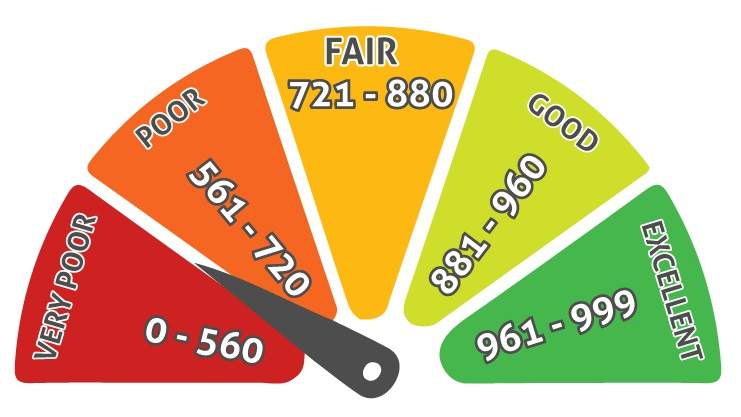
Struggling to make your mortgage payments can be overwhelming, and knowing what to do next or where to turn to isn’t always easy. Many people in this situation choose to ignore the problem in the hope that it will go away on its own, but there are a few things you can do to help the situation.
When you get into mortgage arrears and are behind on your payments, then your home could be at risk of being repossessed if nothing is done to resolve the issue, so it is important to know what to do in this situation. This guide covers what to do if you fall behind with mortgage payments, and a few helpful tips to make the whole process a little easier.
Prioritise your mortgage debts

It is very common for those facing financial difficulties to bury their hand in the sand and hope it will all work itself out. It is vital to face your mortgage issues head on and ignoring them will not make them go away.
If you fail to make your mortgage payments, then your home could be at risk of being repossessed, and you need to take steps to avoid court action being taken against you. You should always make your mortgage payments a priority instead of waiting until they become unmanageable. As soon as you find yourself getting into trouble with your mortgage payments, begin to take steps to minimise the damage.
Your mortgage lender is likely to charge you a fee if payments are late, but if the case ends up getting taken to court, you will also be charged all their legal fees on top of your mortgage and late payment fees. Make sure it doesn’t get to this stage by dealing with your mortgage arrears as soon as possible.
Discuss it with your mortgage lender
You might think your mortgage lender will be reluctant to help you and will be focused on repossessing your home because you have missed your payments. Most mortgage lenders will be very reasonable when it comes to mortgage arrears, and repossessing a home is a last resort for them.
The process is long and expensive, and they will want to avoid it wherever they can, so if you can reach a reasonable alternative, they will much prefer this option.
If you aren’t sure exactly how to resolve your mortgage arrears and make the payments, talking to your lender about your financial situation instead of ignoring their letters and calls will mean they will be more willing to help you find a solution.
Look at your spending and income

If you have run into difficulty finding the money to pay your mortgage, it can be useful to spend some time properly evaluating your spending habits and current budget. Look carefully at all of your outgoings and exactly where your money is going and try to find some areas where you can save a bit of cash.
Divide all your outgoings into essentials and non-essentials, and then see which non-essentials you can remove completely. It is also worth considering if you can increase your income in any way, for example by working some extra hours or getting a second job.
Pay as much as you can towards your mortgage every month, even if it isn’t the full amount. This can help your arrears from increasing even more and shows your mortgage lender that you are trying to resolve the issue.
Find out if you can claim benefits
Depending on your individual circumstances, you could be eligible for government help or certain benefits towards your mortgage and interest payments. Usually, if you are unemployed, on a low income or unable to work because of your health, then you could be eligible for some benefits and government help.
If you have children or are on a low income, then you might be able to get tax credits from the government to help you out. If you are eligible for certain qualifying benefits, then you are also able to apply for universal credit help with housing costs or support for your mortgage interest payments. These benefits will help towards the interest payments on your mortgage, but not the capital itself.
It can be worthwhile seeking advice from a specialist financial advisor if you find yourself in mortgage arrears. A specialist debt advisor can help you to explore every option available to you and create a reasonable proposal for your mortgage lender.







